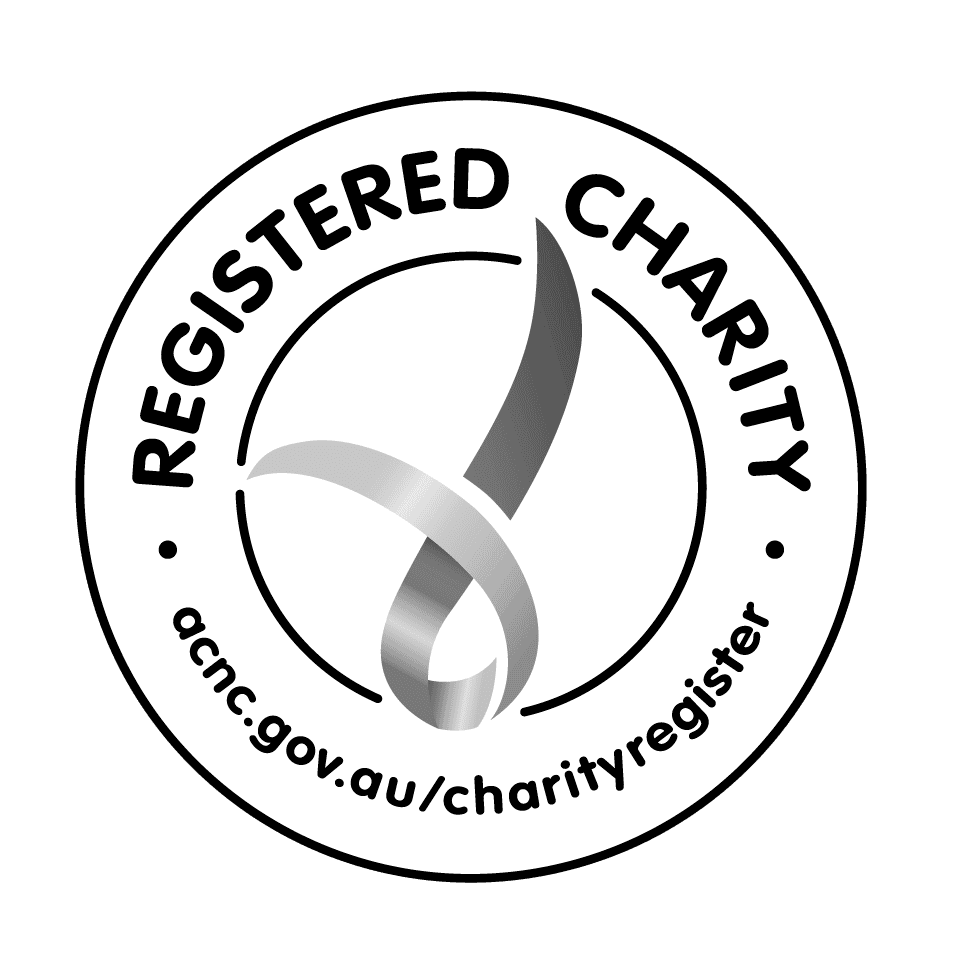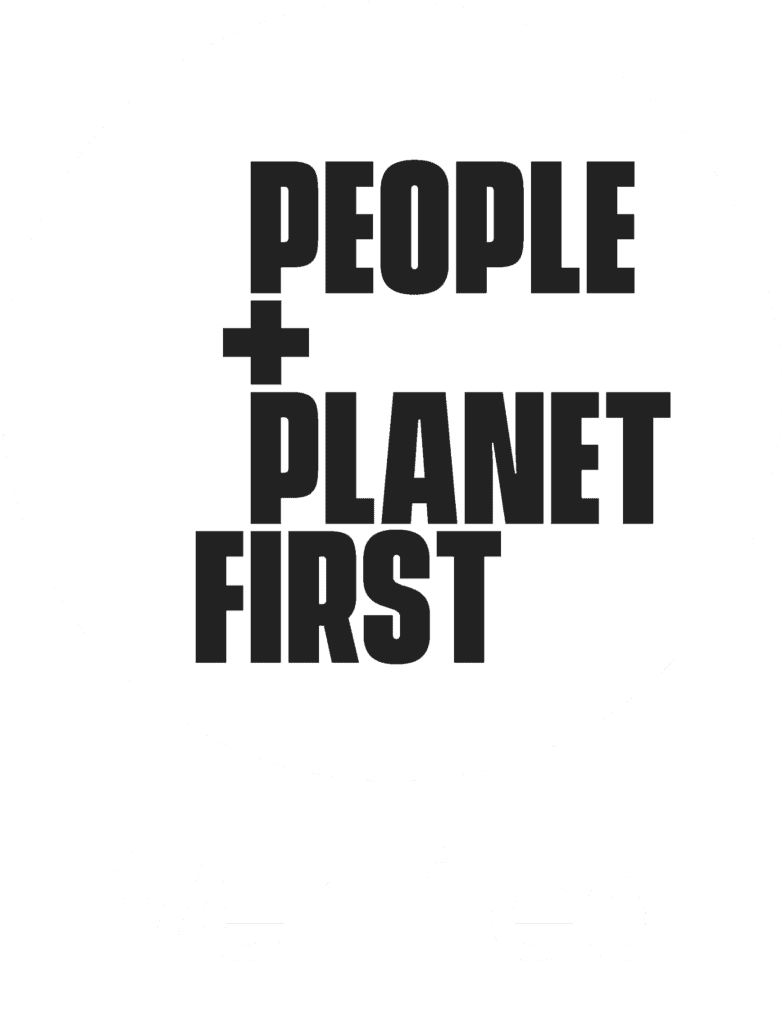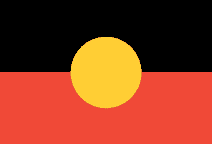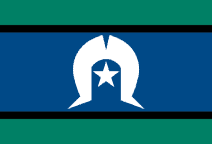You need to buy some goods or services, and you want to use the opportunity to have a positive impact. What do you do?
First: develop a social procurement brief.
A social procurement brief is an internal document that lays out to you and your team two main goals:
- What goods or services you want to procure (buy), and
- What social impact you wish to have through this transaction.
All procurement briefs include basic information about the goods or services you need.
To meet your social procurement goals, your procurement brief must also include details of the social priorities you want to see in the supplier.
These details should relate to your own Diversity, Equity and Inclusion Policy or Plan.
In particular, your DEI Policy or Plan will include goals and actions which could be achieved through procurement.
Example: your Diversity, Equity and Inclusion Policy requires your organisation to prioritise Aboriginal and Torres Strait Islander businesses when buying goods and services.
By consulting with your relevant First Nations chamber of commerce or community body, and reading available data and information, you decide you need to include specific steps in your procurement brief to achieve this goal.
The steps you decide to take are:
- Ask every supplier who wants to sell you the goods/services to answer questions to help you determine whether the supplier is an Aboriginal or Torres Strait Islander business. Include these questions, and the way you will prioritise answers, in your procurement brief.
- Actively approach an umbrella organisation that supports Indigenous businesses, such as Supply Nation, to share your supplier brief with their network.
The answers you want to see to these questions are, in order of priority:
- Supplier is owned and operated by Aboriginal and Torres Strait Islander people;
- Supplier employs at least 3.8% Aboriginal or Torres Strait Islander people including in leadership;
- Supplier has a strong diversity, equity and inclusion policy or plan that promotes greater inclusion and participation by Aboriginal and Torres Strait Islander people.
Procurement briefs will differ depending on whether you, and your potential suppliers, are a government, corporate, or not-for-profit organisation, and whether you are large or small.
For specific advice on creating procurement briefs for your organisation or your situation, Jobsbank can provide advice tailored to your needs.
To book Jobsbank’s consulting services, click the “Contact our team” button below to make an appointment for an initial phone, online, or face-to-face meeting.
You can also read through a range of current government procurement policy briefs as examples. See the links in the planning section of the Jobsbank Resource Centre, under the “Understanding > What do Governments say?” subheadings.





